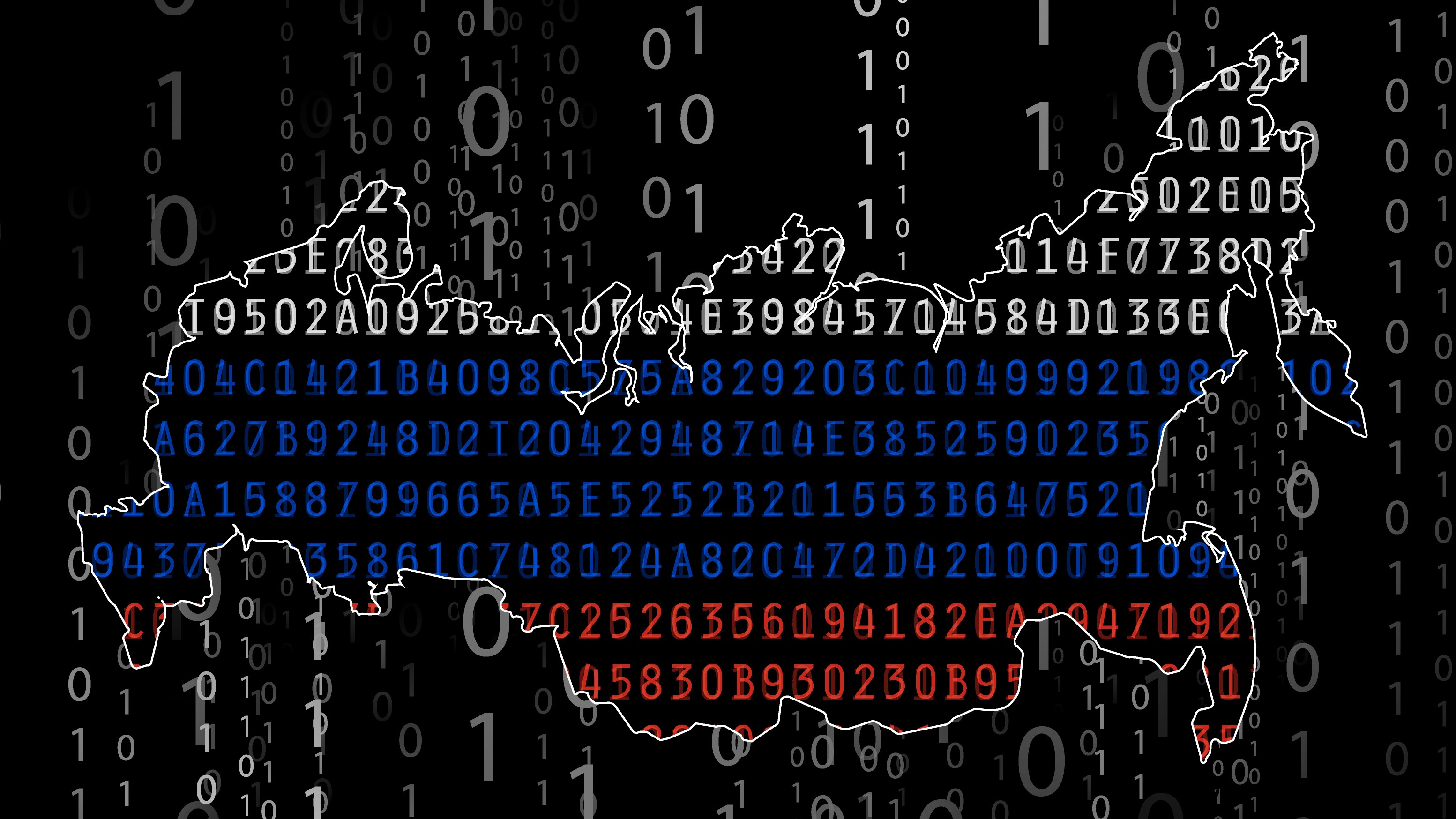Russia disconnects several regions from the global internet to test its sovereign net
VPNs reportedly didn't help citizens bypass restrictions

Russia restricted foreign internet access across several regions over the weekend to test its national infrastructure.
Residents of the affected regions couldn't access both foreign and local apps, including the likes of YouTube (one of the last Western social media platforms still available in Russia), Google, WhatsApp, and Telegram – The Record reported.
As per local reports, not even virtual private network (VPN) apps managed to help citizens bypass internet restrictions in what looks like a new phase of online censorship for the country.
"This event is crucial in the possible evolution of online censorship in Russia because it shows what's technically possible – a very limited internet experience where most common things simply don't work," a technical expert from the Russian digital rights group Roskomsvoboda told TechRadar.
ℹ️ Note: Metrics show the disruption and restoration of connectivity in Dagestan, #Russia, following what telecoms regulator Roskomnadzor has described as a trial of its capacity to disable access to the foreign internet in a specific region; incident duration ~24 hours pic.twitter.com/7iYtDcVtSGDecember 7, 2024
According to reports, Runet trials mostly affected residents living in areas populated by ethnic minorities, such as Chechnya, Dagestan, and Ingushetia.
Data from the internet watchdog NetBlocks (see tweet above) confirmed that authorities restored internet connectivity in Dagestan late on Saturday, December 7, 2024, after 24 hours of blockage which "telecoms regulator Roskomnadzor has described as a trial of its capacity to disable access to the foreign internet in a specific region," experts noted.
The latest incidents don't come as a total surprise, though. Russia's censor body conducted similar tests in July, in fact, to ensure the functionality of the "sovereign internet" infrastructure when it was disconnected from the wider web.
In September, the Kremlin also shared its plans to invest over half a billion US dollars (almost 60 billion rubles) over the next five years to update its internet-blocking system, especially against VPN usage.
A new phase of Russian censorship
Russian censorship is clearly getting tougher, and visitors and residents are left with fewer means to overcome restrictions.
While the best VPN apps have become a crucial resource for people in Russia struggling to access international news and other blocked websites, 2024 has seen the Kremlin double down against Russia's VPN usage.
For starters, a new law enforced in March now criminalizes the spread of information about ways to circumvent internet restrictions – VPNs included.

VPNs encrypt users' internet connections and mask their real IP address location. The latter ability is particularly useful to Russians who wish to use VPNs to bypass stringent internet restrictions – exactly what the authorities seek to prevent.
As per the latest data, nearly 200 VPN services are currently blocked in the country at the time of writing.
Between July and September alone, about 60 VPN apps silently disappeared from the Russian Apple App Store, bringing the total of unavailable applications in the Big Tech giant's official store to 98.
Roskomsvoboda confirmed to TechRadar that most Russia VPN apps weren't working during the shutdown, but some did. "That's an arms race, where both censors and circumvention tech developers work to cancel out each other's efforts and it's been going on for over a decade. So, there is still hope," the expert added.
The bad news for Russian internet users does not end here, either.
On December 7, Roskomnadzor also announced plans to restrict at least eight foreign web hosting providers as they fail to meet the agency’s censorship requirements. These include Amazon Web Services (AWS), GoDaddy, and HostGator.
This represents "a new stage in Russian online censorship," noted one of Roskomsvoboda’s IT specialists, adding that "Something similar has already happened on a small scale, but this is the biggest one."
Russian IT expert Ilya Vaitsman expressed his concerns, too. Vaitsman is especially worried about a potential boost in VPN censorship across the country since, he explains, these platforms host a significant portion of these services.
He said: "Of course, there are hundreds of other sites in the world, not so noticeable, where there are also VPN nodes, but in general the situation is deteriorating sharply."

Chiara is a multimedia journalist committed to covering stories to help promote the rights and denounce the abuses of the digital side of life – wherever cybersecurity, markets, and politics tangle up. She believes an open, uncensored, and private internet is a basic human need and wants to use her knowledge of VPNs to help readers take back control. She writes news, interviews, and analysis on data privacy, online censorship, digital rights, tech policies, and security software, with a special focus on VPNs, for TechRadar and TechRadar Pro. Got a story, tip-off, or something tech-interesting to say? Reach out to chiara.castro@futurenet.com